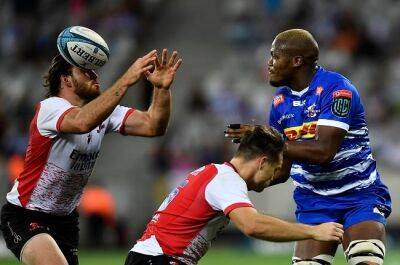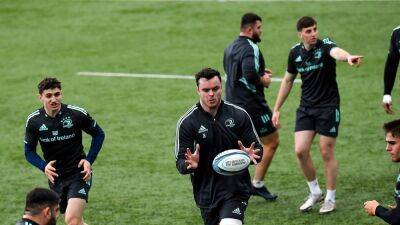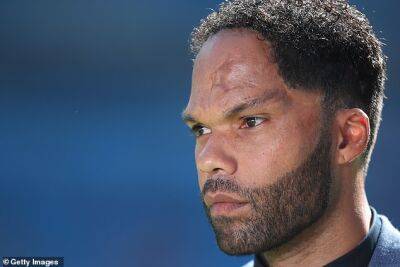Breakdown laws continue to baffle & frustrate
The Heineken Champions Cup returned last weekend and came with a different dynamic - for the time, the South African teams joined the party.
Rugby is continuously changing and challenging the status quo.
Many of the laws are the same but there are variations and focuses from a refereeing and World Rugby perspective to ensure safety.
There were more instances of head contacts, but they've been discussed ad nauseam at this stage.
It's the breakdown area that I - as a supporter, ex-player and now coach - find the most baffling.
Firstly, I want to point out that I am acutely aware that there needs to be a level of continuity within the game. Referees are encouraged to use common sense and to let the game flow, unless an incident has a material effect on the opposition.
However, you must define what 'material effect’ is, and how teams will toe the line in the breakdown, knowing that there must be a certain element of materiality before the referee is encouraged to use their whistle.
"We need to see a return of the low-to-high movement in the ruck and referees need to start enforcing the current laws."
The most obvious area of the defensive breakdown that causes consternation is what is allowed as a poach and what is not. Poaching at the ruck is synonymous with an openside flanker such as Richie McCaw or David Pocock but it seems now that it is a skill for any low centre of gravity rugby player with good timing, unless you are Tadhg Beirne, who defies all logic.
However, the ruck isn’t always refereed the same. Some referees reward the poach instantly because that is what should be done.
It reduces the time that a player must spend crouched over the ball with a target on their neck and back, thus saving heads, hamstrings and knees. Yet,






